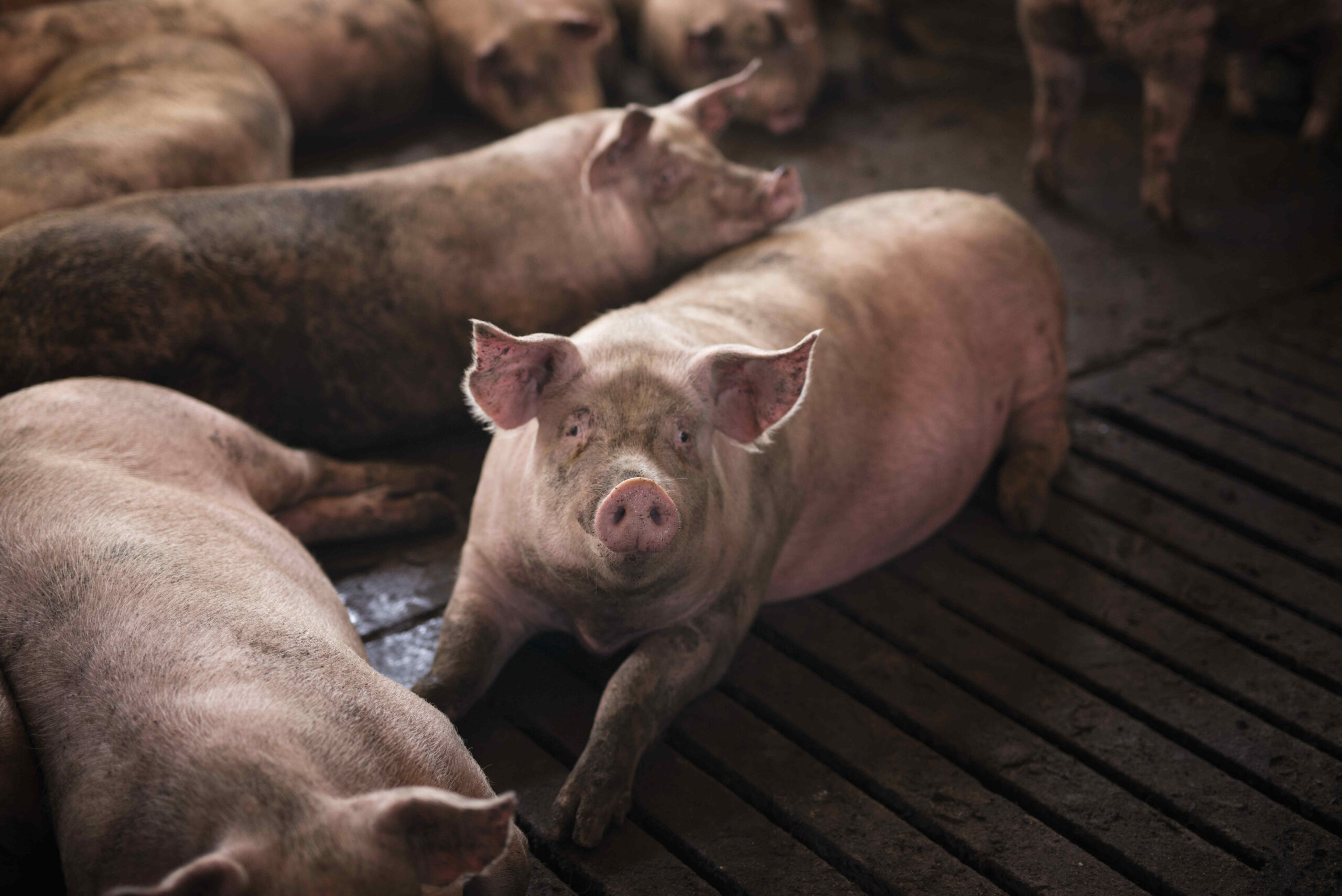
Animal Healthcare
How Plant-Based Feed Additives Boost Immunity in Pigs
In modern swine production, maintaining a strong immune system in pigs is crucial for ensuring optimal health, growth performance, and overall productivity. With increasing concerns over antibiotic resistance and consumer demand for natural alternatives, plant-based feed additives, commonly known as phytogenics, have gained significant attention. These natural compounds, derived from herbs, spices, and other botanical sources, offer a sustainable solution to enhance immunity in pigs while promoting overall health.
The Role of Immunity in Swine Health
A robust immune system is essential for pigs to resist diseases, recover from infections, and maintain efficient growth. Various factors, including stress, environmental conditions, and diet, can impact immune function. Traditional approaches, such as antibiotic growth promoters (AGPs), have been widely used to support swine health. However, due to regulatory restrictions and consumer preferences, there is a growing shift toward natural alternatives like phytogenics.
How Phytogenics Enhance Immunity in Pigs
Plant-based feed additives contribute to immune support through multiple mechanisms:
1. Antioxidant Properties
Phytogenics contain bioactive compounds such as flavonoids, polyphenols, and essential oils, which act as powerful antioxidants. These compounds help neutralize free radicals, reducing oxidative stress and preventing cell damage. By lowering oxidative stress, pigs can better maintain immune function and overall health.
2. Anti-Inflammatory Effects
Chronic inflammation weakens the immune system, making pigs more susceptible to infections. Many plant-derived compounds, such as curcumin (from turmeric) and gingerol (from ginger), exhibit anti-inflammatory properties that help modulate the immune response. This leads to reduced tissue damage and improved resilience against diseases.
3. Gut Health and Microbiome Modulation
A healthy gut microbiome plays a vital role in immune function. Phytogenics, such as oregano and thyme extracts, possess antimicrobial properties that selectively inhibit harmful pathogens while supporting beneficial gut bacteria. Improved gut health leads to better nutrient absorption, reduced intestinal infections, and enhanced immune defense.
4. Stimulation of Immune Cells
Certain plant-based feed additives contain bioactive compounds that directly stimulate immune cells. For example, polysaccharides from herbs like Echinacea and Astragalus enhance the production and activity of white blood cells, improving the pig’s ability to fight off infections.
5. Reduction of Stress and Cortisol Levels
Stress negatively impacts immunity, making pigs more prone to disease outbreaks. Adaptogenic herbs, such as ashwagandha and ginseng, help regulate cortisol levels, reducing stress and supporting immune resilience. Lower stress levels contribute to better growth performance and reduced disease susceptibility.
Practical Application in Swine Diets
Incorporating plant-based feed additives into swine diets can be done through various formulations, including premixes, essential oil blends, and herbal extracts. The selection of specific phytogenic ingredients should be based on the farm’s health challenges, production goals, and available research data.
Conclusion
Plant-based feed additives offer a promising and sustainable approach to boosting immunity in pigs. Their antioxidant, anti-inflammatory, gut health-enhancing, and immune-stimulating properties make them valuable tools in modern swine nutrition. As the industry moves toward antibiotic-free production, leveraging phytogenics can help ensure healthier pigs, improved productivity, and a more sustainable future for swine farming.







Add your comment